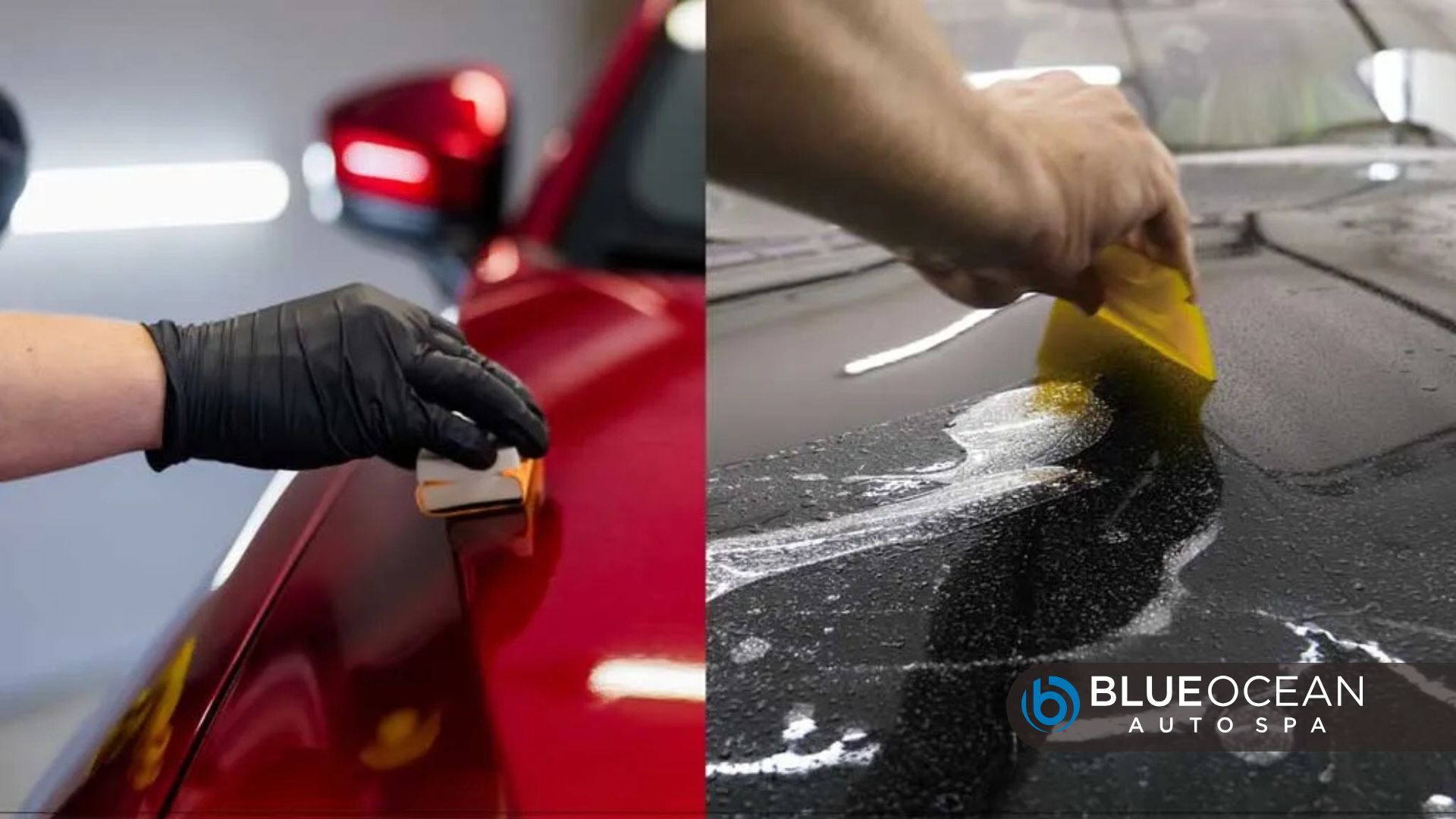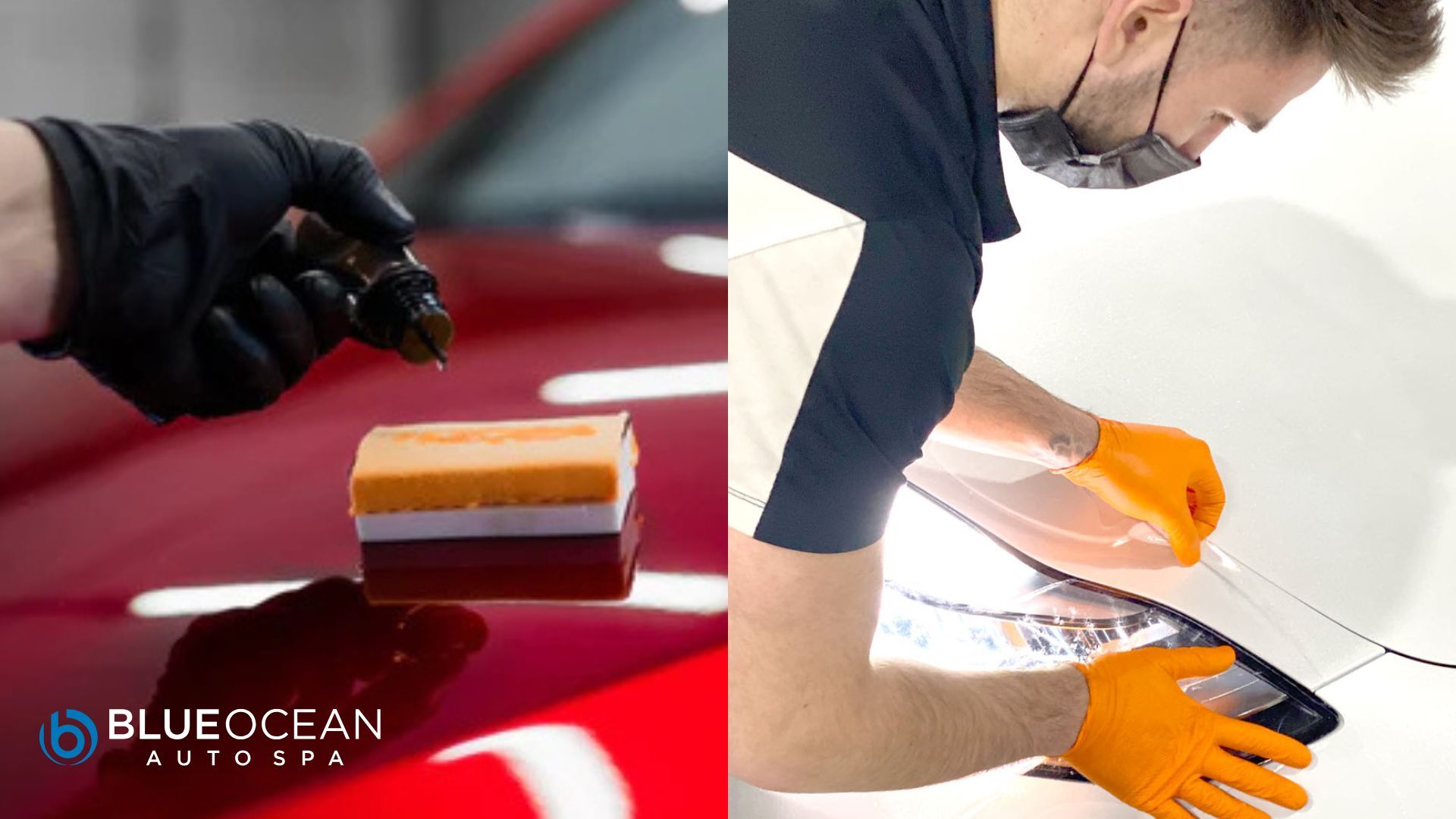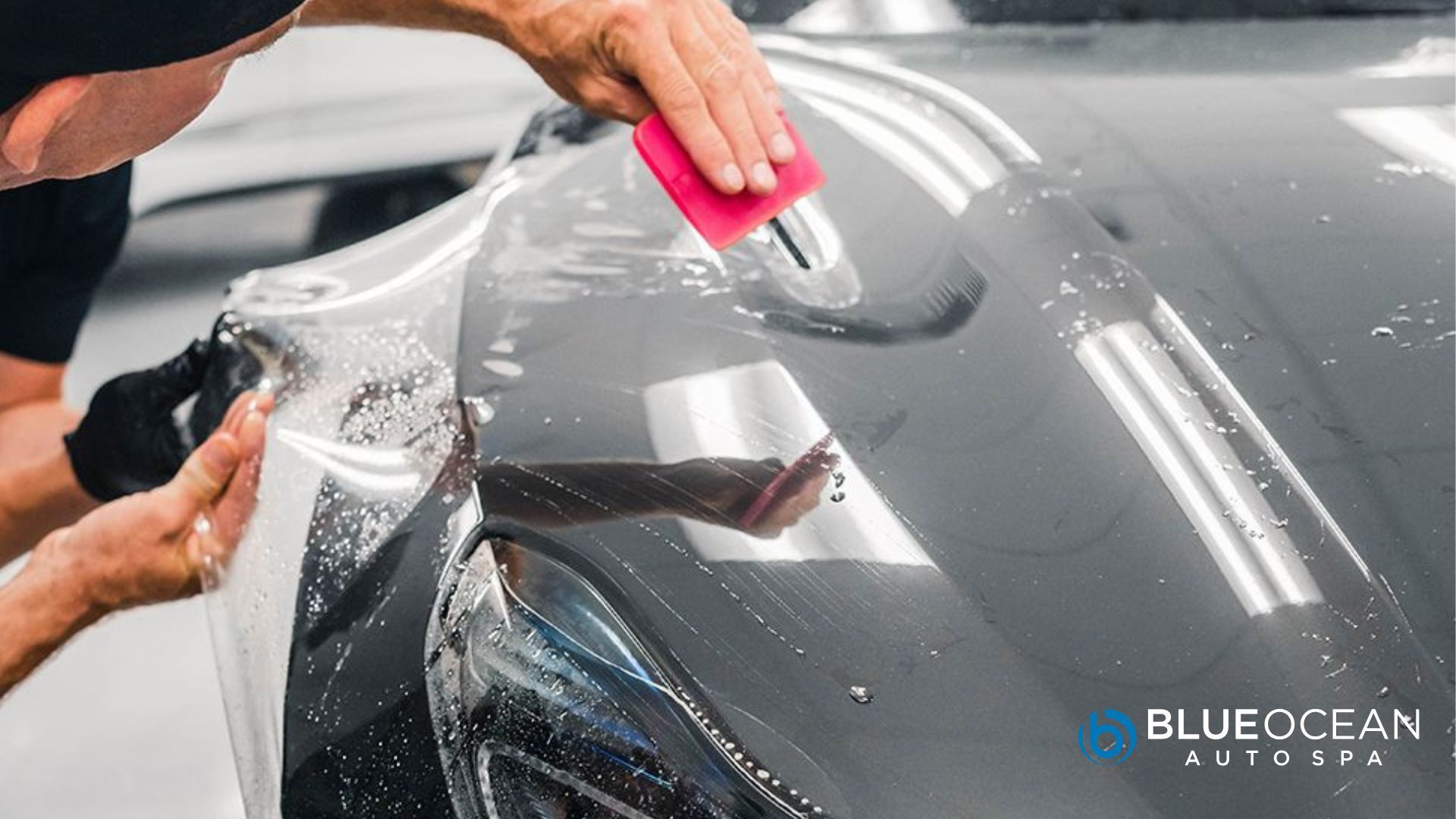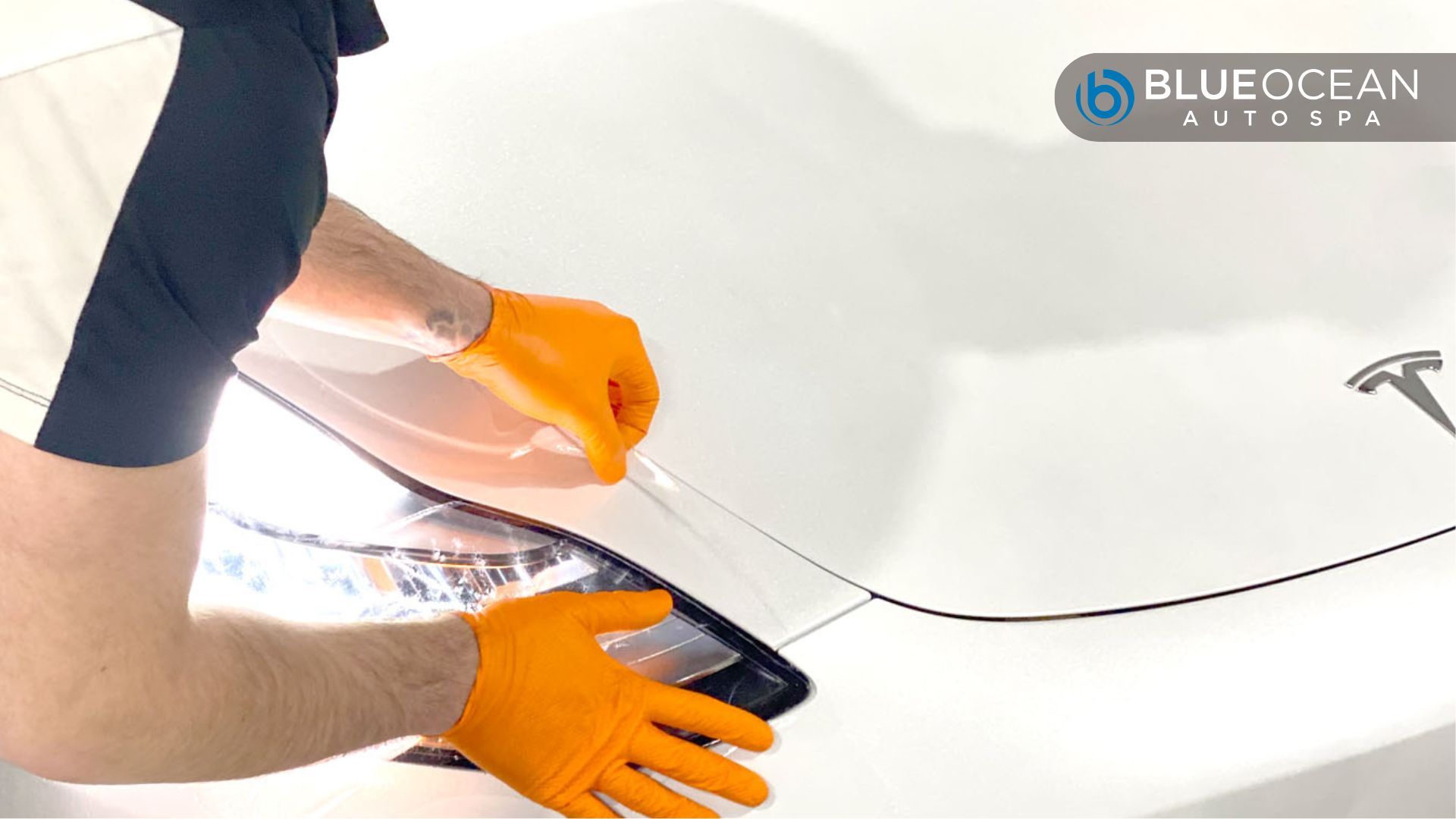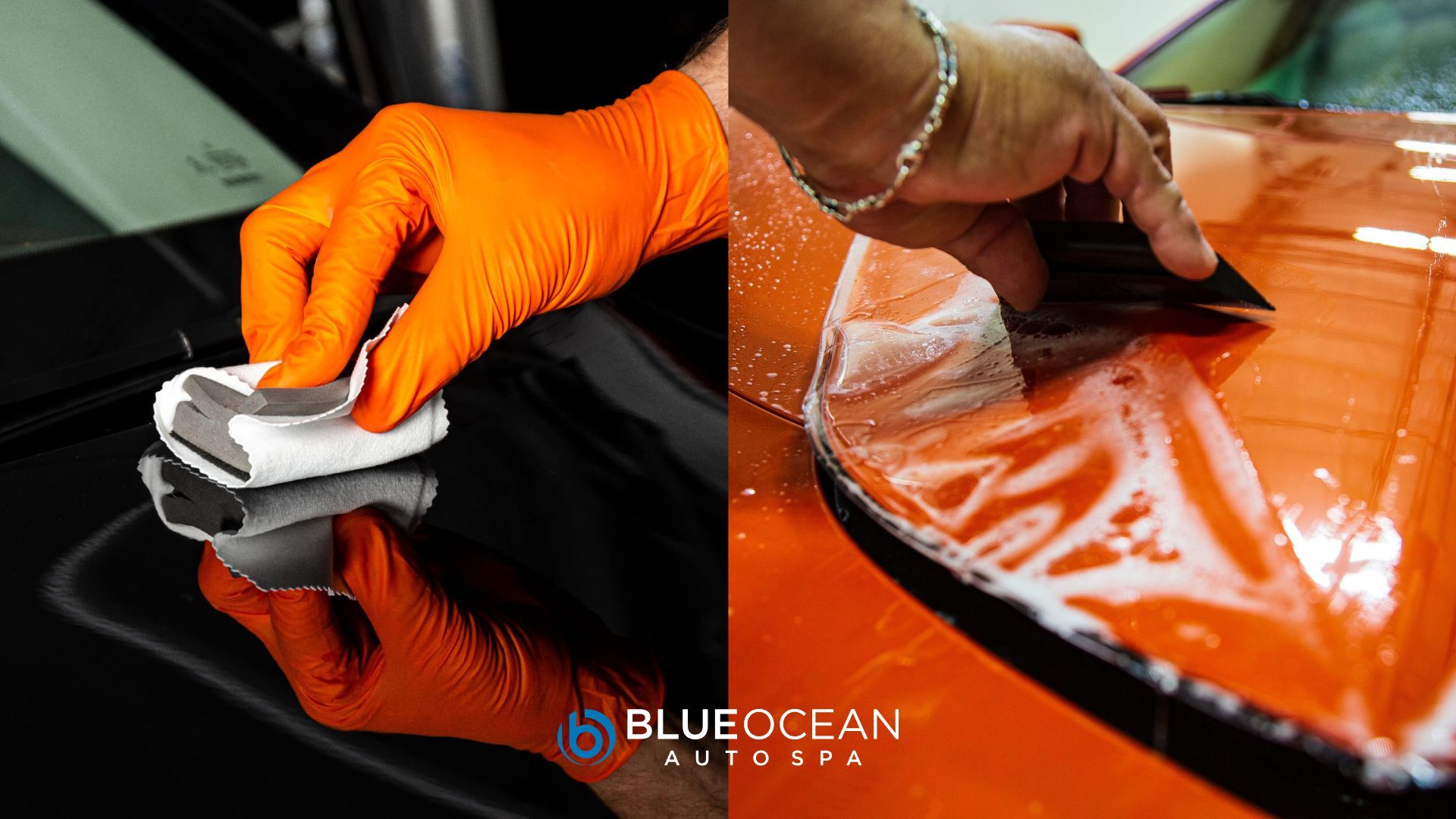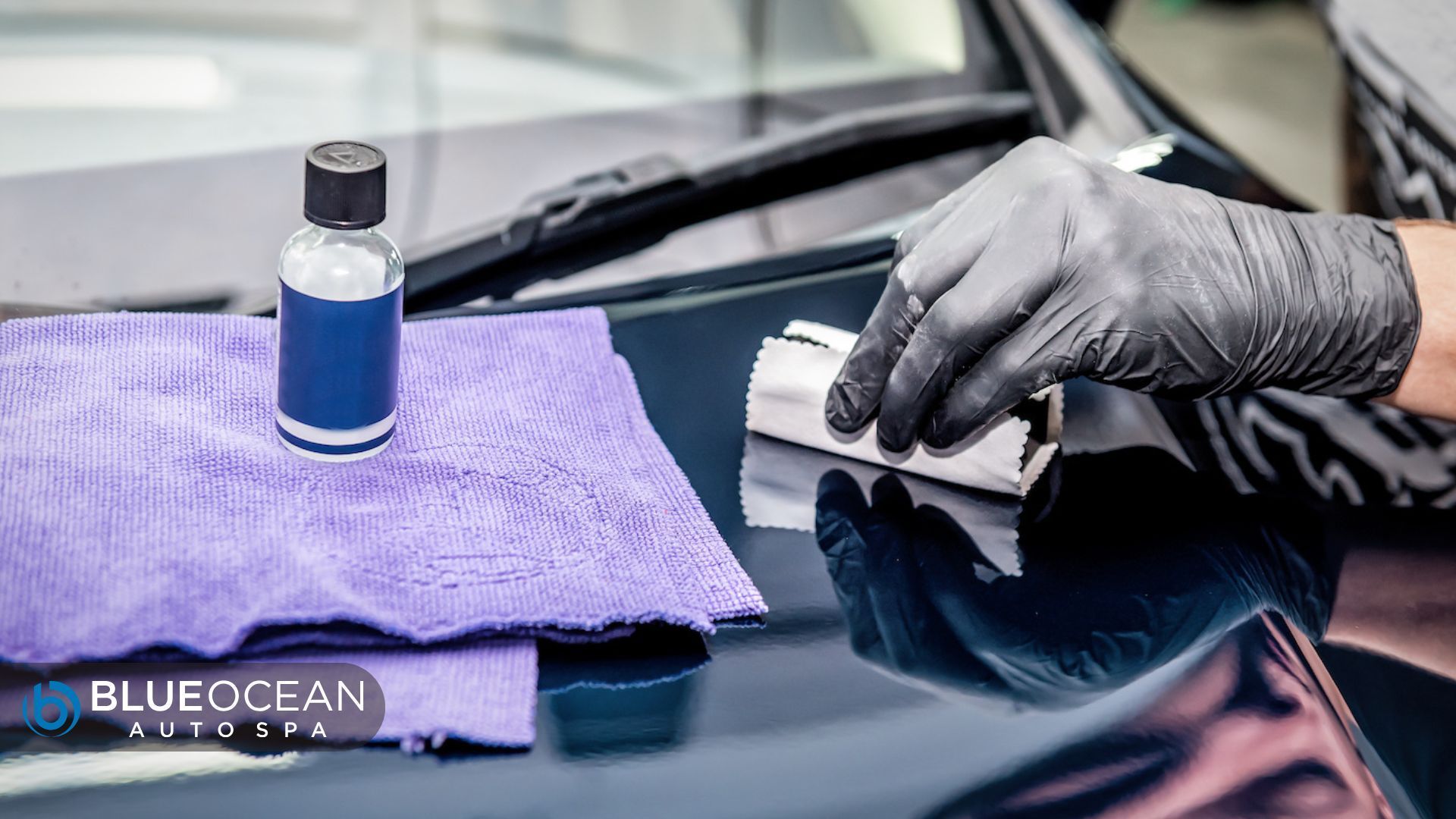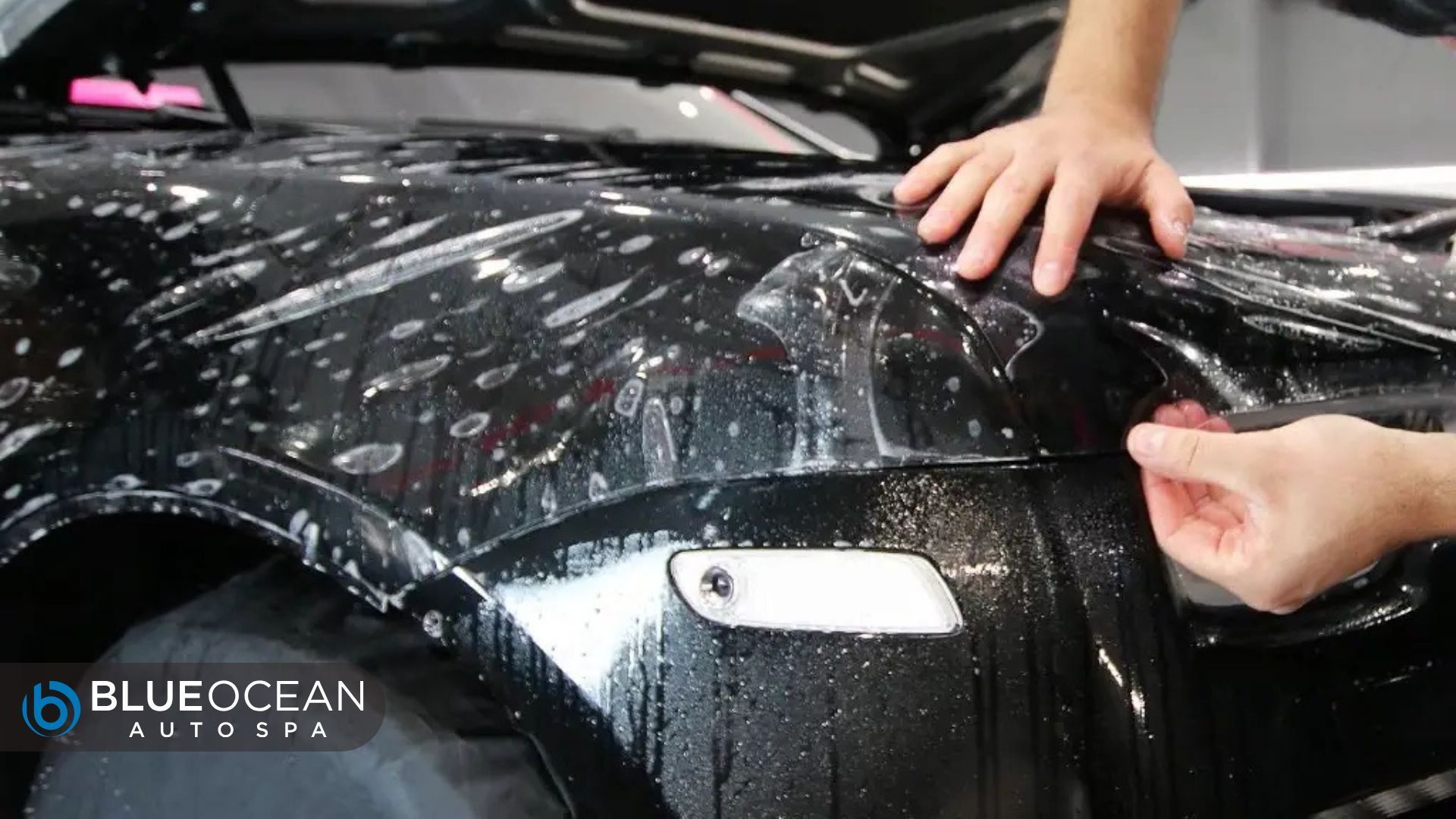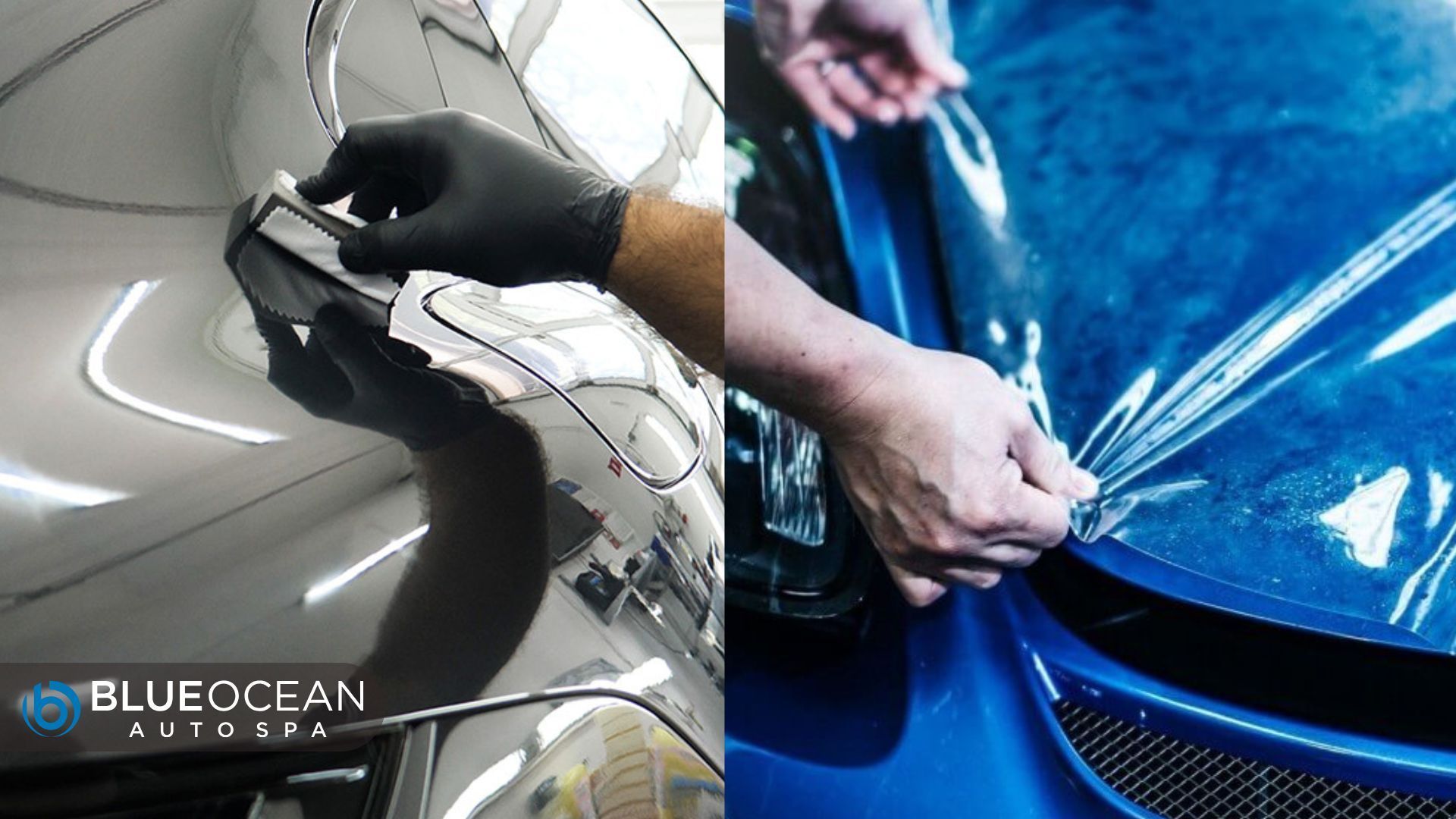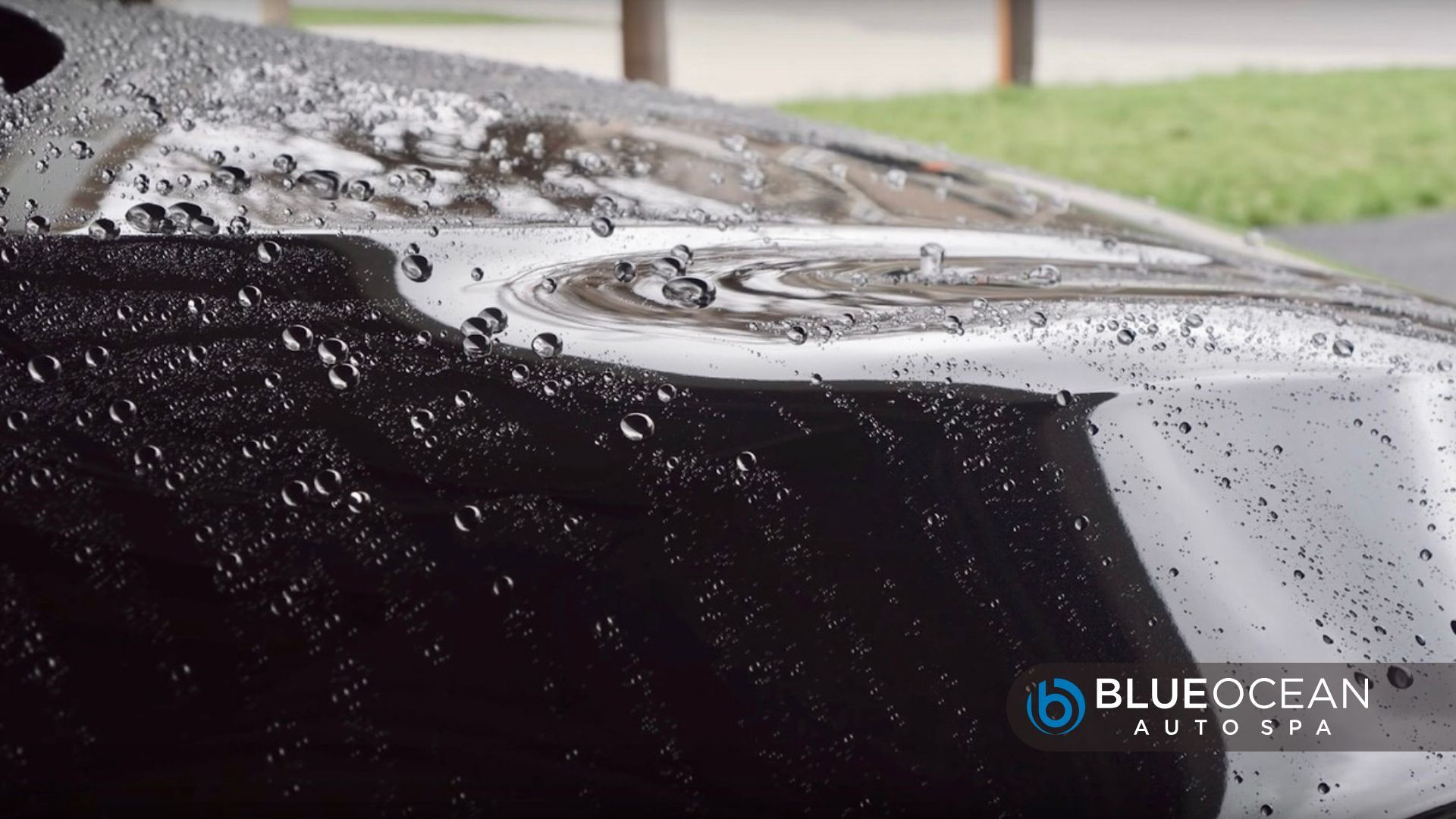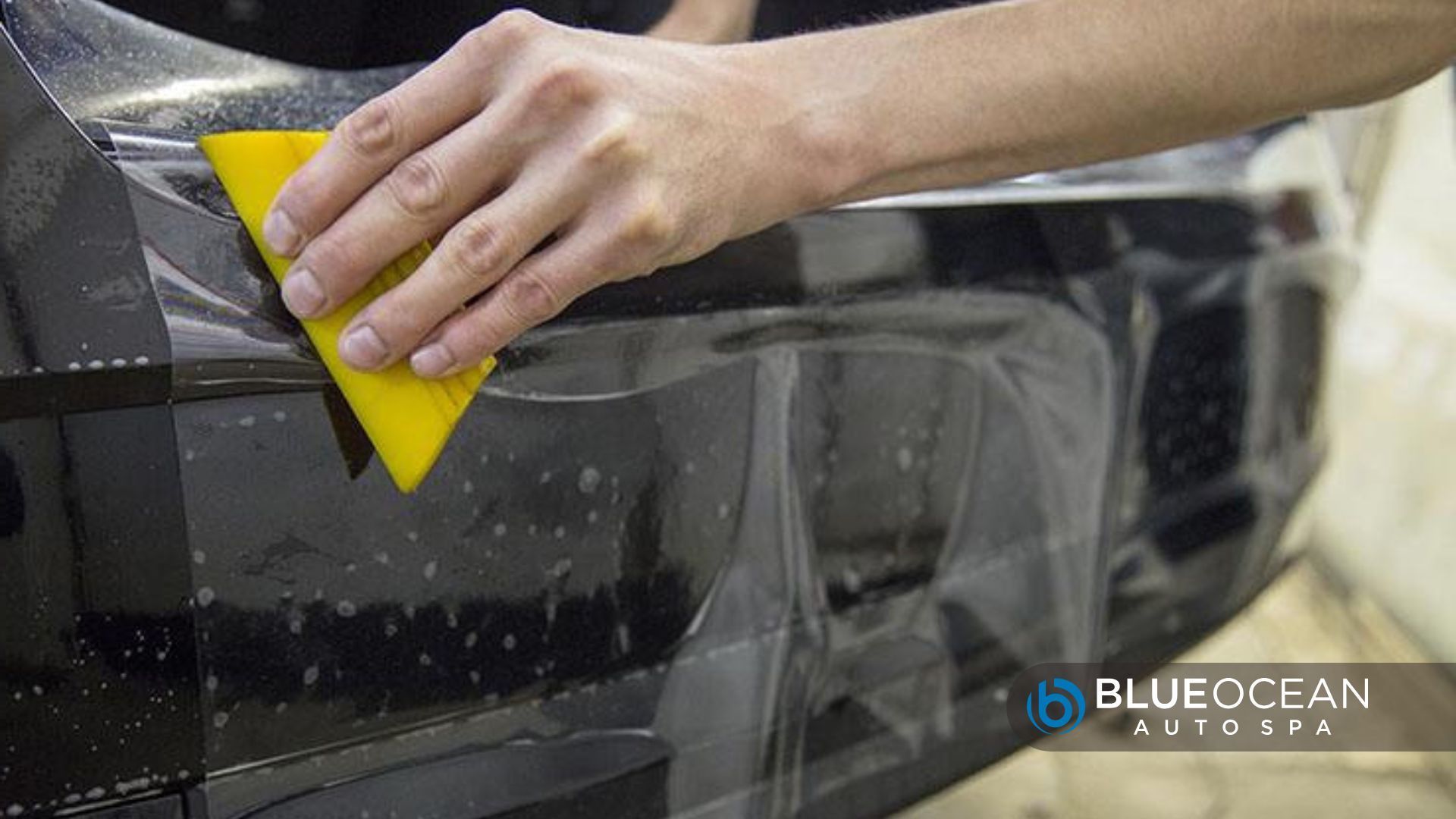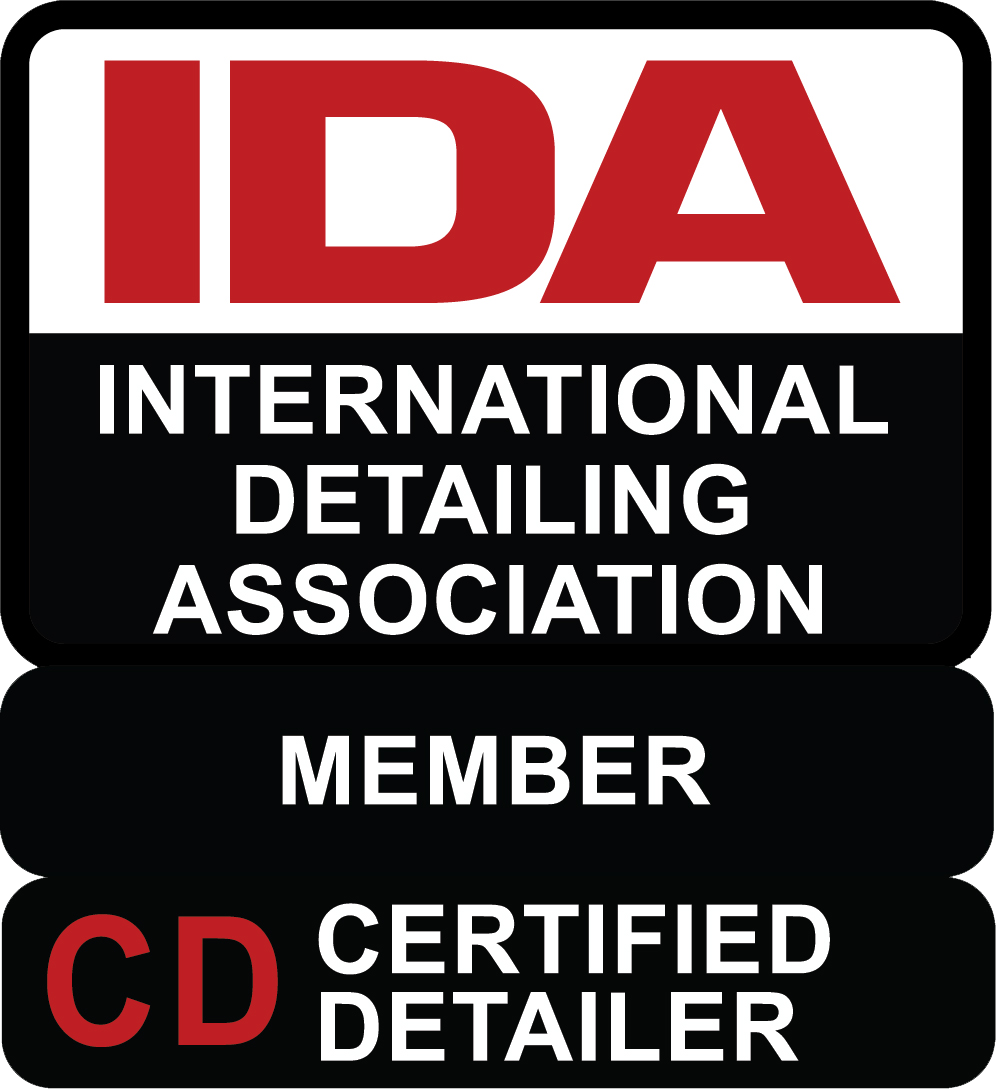Best Ceramic Window Tint Options for Texas: Maximize Heat and UV Protection
If you’ve spent any summer in Texas, you already know how brutal the sun can be. Temperatures easily soar past 100°F, and even a quick stop at the grocery store can turn your car into an oven. Besides the discomfort, constant sun exposure means UV damage to your vehicle’s interior—faded dashboards, cracked leather, and even potential harm to your skin.
At Blue Ocean Auto Spa, we’ve seen how the right window tint can make all the difference. Among all the available options, the best ceramic window tint stands out as a premium solution. It’s designed to reduce heat, block harmful UV rays, and give your car a sleek, high-end look—without compromising visibility or signal strength.
Why Window Tint is Essential in Texas
Texas weather isn’t just warm—it’s relentless. Whether you’re stuck in Dallas traffic or cruising along I-35 on a sunny afternoon, the inside of your car can heat up fast. Without proper window tint, your A/C has to work overtime, and the cabin can still feel like a sauna.
Why every Texas driver should consider window tint:
- Extreme Heat Control: Helps keep the interior cooler, especially when parked under the Texas sun.
- Interior Protection: Prevents leather seats and dashboards from fading or cracking.
- Skin Safety: Blocks harmful UV rays, reducing the risk of skin damage on long drives.
Think about summer road trips through Houston or parking downtown during peak heat hours—window tint isn’t just about looks, it’s about comfort and protection.
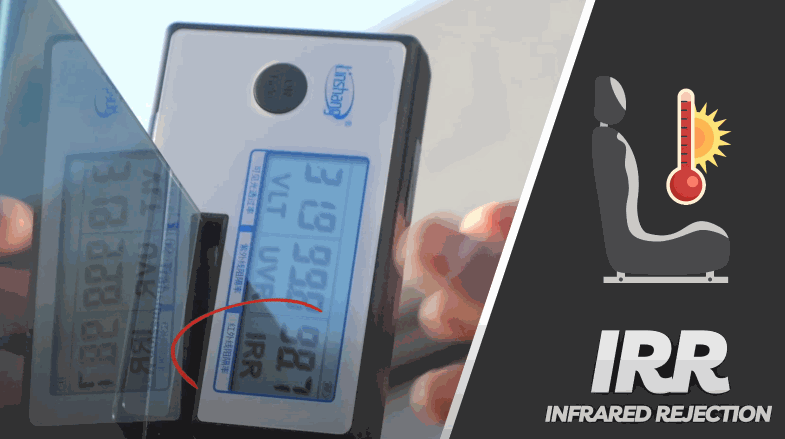
What Makes Ceramic Window Tint Different?
Not all window films are created equal. While standard dyed tints may offer a darker appearance, they don’t match the performance and durability of ceramic films.
Here’s why ceramic window tint is a game-changer:
- Superior Heat Rejection: It blocks infrared rays far better than dyed or metallic films, keeping your cabin cooler.
- No Signal Interference: Since it’s non-metallic, your GPS, phone, and radio signals remain unaffected.
- Long-Lasting Performance: Ceramic tints don’t fade, bubble, or discolor over time.
- Premium Look: It gives your car a sleek, modern appearance while maintaining clarity from inside the vehicle.
For Texas drivers, this means a safer, more comfortable ride no matter how intense the summer sun gets.
Best Ceramic Window Tint Options for Texas Drivers
When it comes to beating the Texas heat, not all tints are created equal. The best ceramic window tint options combine cutting-edge technology with exceptional durability. Among these, nano-ceramic films are considered top-tier due to their ability to block infrared (IR) heat while maintaining excellent clarity.
When choosing ceramic window tint, here’s what you should look for:
- IR Heat Rejection Percentage: A high IR rejection (often 80% or more) helps keep your cabin significantly cooler.
- UV-Blocking Rating: Look for tints that block up to 99% of harmful UV rays to protect your skin and interior.
- Glare Reduction: A good ceramic film reduces eye strain, especially during long drives across open Texas highways.
- Warranty Coverage: Premium films from leading manufacturers often come with lifetime warranties, ensuring lasting performance.
Some of the most trusted options come from top-performing brands known for their advanced nano-ceramic technology. These films deliver a blend of heat reduction, long-term color stability, and a stylish appearance—ideal for drivers who face blazing Texas summers year after year.
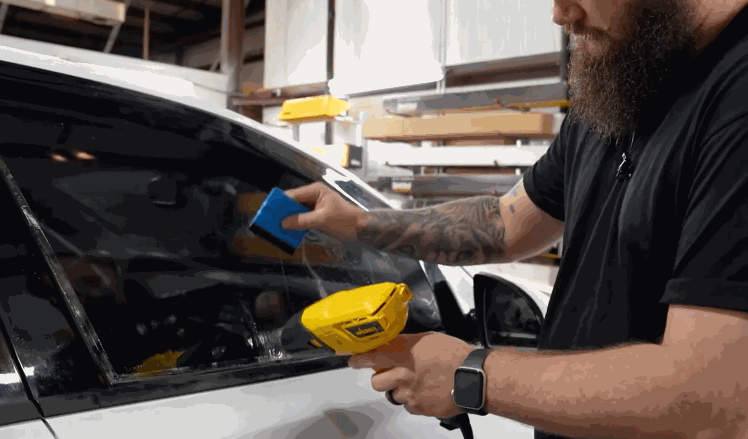
Key Benefits of Ceramic Window Tint
Ceramic window tint is more than just an upgrade—it’s a smart investment for anyone driving under the intense Texas sun.
Here’s why so many drivers choose it:
- Superior Heat Rejection: Even in 100°F+ summers, ceramic films can lower interior temperatures by blocking infrared heat.
- UV Protection: By blocking 99% of harmful UV rays, it protects both your skin and your vehicle’s interior surfaces.
- Improved Driving Comfort: With reduced glare, especially during sunrise and sunset, driving on Texas highways feels safer and less fatiguing.
- Interior Preservation: Prevents dashboards, leather seats, and trim from cracking or fading due to constant sun exposure.
- Aesthetic Value: It offers a high-end finish that enhances the look of your car without compromising visibility from inside.
For drivers who want both style and performance, ceramic tint is unmatched in delivering long-term value and comfort.
Texas Laws and Regulations for Window Tinting
Before installing window tint, it’s crucial to understand Texas laws. The state requires a minimum of 25% Visible Light Transmission (VLT) for front side windows, while back side and rear windows have more flexibility. Windshields are allowed a non-reflective tint strip above the AS-1 line.
Professional installation ensures your tint complies with these regulations while still providing optimal heat and UV protection.
At Blue Ocean Auto Spa, we always guide our customers on the best choices that stay within the law while delivering maximum performance.
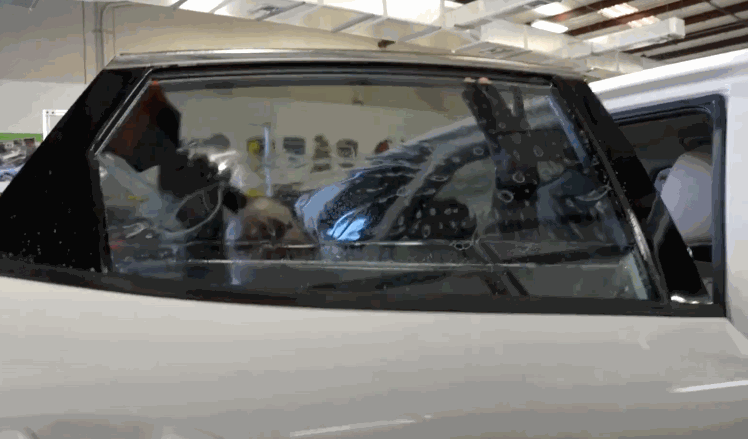
Choosing a Professional Installation in Texas
Even the best ceramic window tint won’t perform as intended if it’s poorly installed. Precision is key—expert installers ensure the film is cut accurately, applied without bubbles, and properly cured for a flawless finish.
In Texas, where vehicles are exposed to extreme heat and sun, the quality of the application directly impacts the tint’s longevity and performance. A professional installation ensures that the film adheres perfectly, maintaining its heat rejection and UV-blocking capabilities for years.
Local experts like Blue Ocean Auto Spa understand not only the technical aspects of installation but also the unique challenges of Texas weather and legal tinting requirements. By working with skilled professionals, drivers can enjoy peace of mind knowing their tint will hold up under the harshest conditions.
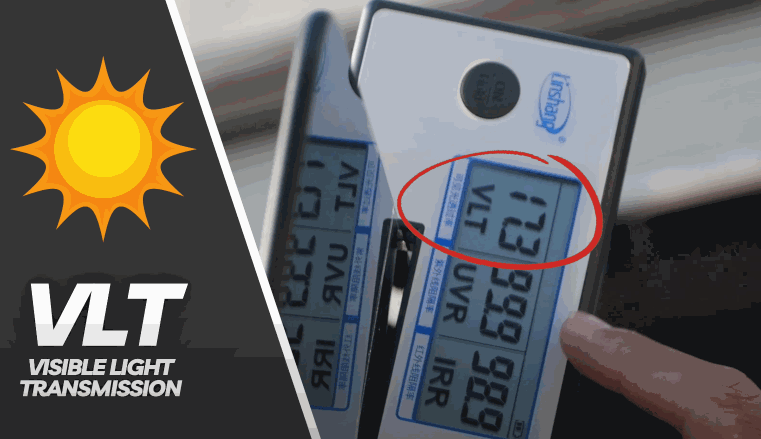
Maintenance Tips for Ceramic Window Tint
Taking care of your ceramic window tint is simple but essential for maximizing its lifespan.
- Avoid harsh cleaners: Stick to ammonia-free solutions to prevent film damage.
- Use microfiber towels: These help clean without scratching the surface.
- Wait before rolling down windows: Give the film proper curing time, typically a few days after installation.
With minimal care, high-quality ceramic films can last for years, retaining their clarity and protective features despite Texas’ intense climate.
Final Thoughts on Protecting Your Car in Texas
When it comes to battling Texas heat, nothing outperforms the best ceramic window tint. From superior heat rejection and UV protection to maintaining your car’s interior and enhancing its style, ceramic films deliver both comfort and long-term value.
Choosing professional installation ensures you’re getting the maximum performance and durability out of your investment. If you’re ready to upgrade your car’s protection,
reach out to Blue Ocean Auto Spa for expert advice or a free consultation.
Blue Ocean Auto Spa
5.0 ⭐⭐⭐⭐⭐ 92 Google reviews
Car detailing service in Cedar Park, Texas
Address:
1001 Doris Ln, Cedar Park, TX 78613, United States
Phone: +1 512-496-4296
